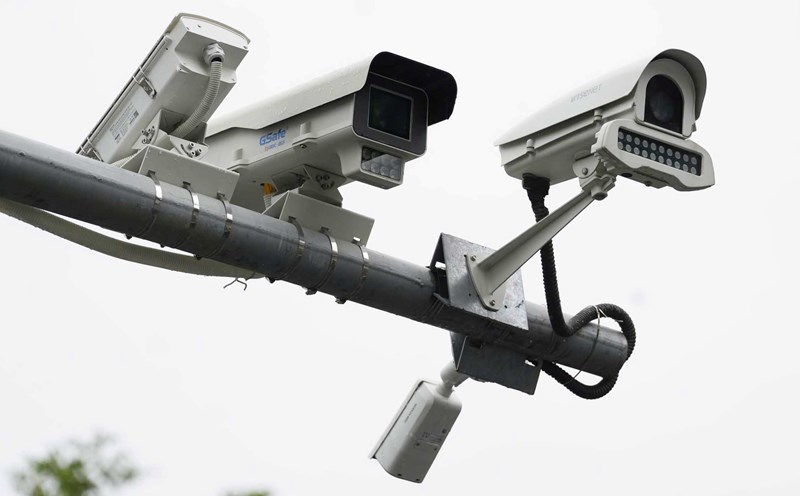Why do you need to prepare some food for stormy days?
Every rainy and stormy season, many areas across the country are isolated by flooding and landslides, making it difficult to transport goods. Therefore, preparing essential foods in advance helps the family proactively cope with and limit risks.
Dr. Sarah Klein, a food safety expert at Johns Hopkins Bloomberg School of Public Health (USA), commented: The important thing when storing food during the storm season is to choose types that have a long shelf life, are easy to store and do not need to be processed much. In particular, you must pay attention to the water you drink".
She also recommends that families should avoid buying too much fresh food if there are no cold storage conditions, because prolonged power outages can cause food to spoil quickly. Fod poisoning in natural disasters can be as dangerous as food shortages, Klein stressed.
Which foods should be stored?
To ensure nutrition, the list of foods to have during the storm season includes:
Bottled drink: At least 3 liters/person/day.
Dried foods: Rice, instant noodles, cookies, oatmeal.
Boxed: Conical fish, canned meat, canned beans, rich in protein, easy to store.
Trim milk or pasteurized milk: Ensures nutrition for young children and the elderly.
Dried fruits and nuts: Provide energy and micronutrients.
Spices, sugar, salt: Use simple processing when needed.
In addition, it is necessary to prepare a mini gas stove, fire extinguisher or waterproof lighter to be able to cook when there is no power.
Principles of preservation and hygiene and safety
In the context of prolonged storms, electricity is often cut off, making food preservation difficult. People should:
Use an ice closet to keep the refrigerator cool longer, limit opening the refrigerator door to maintain the temperature.
Divide the food into closed boxes or zip bags to avoid cross-contamination.
Prioritize eating fresh food first, then canned and dried food.
Always wash your hands before processing to prevent diarrhea.











